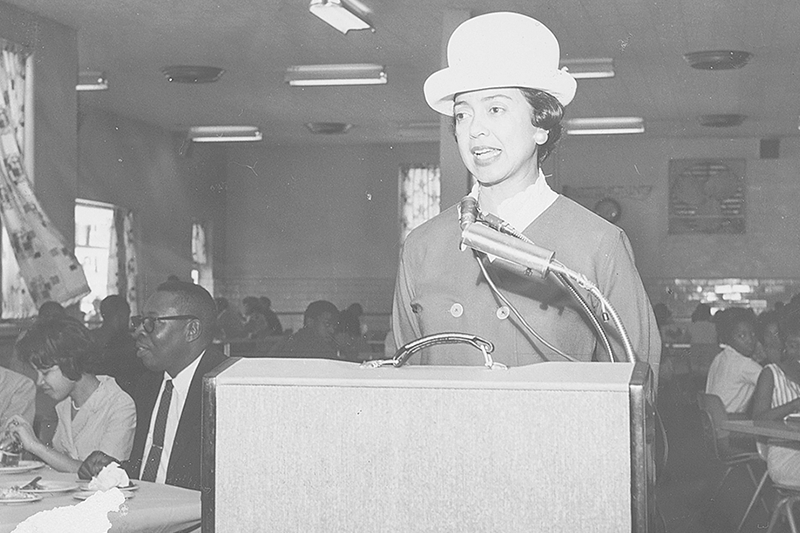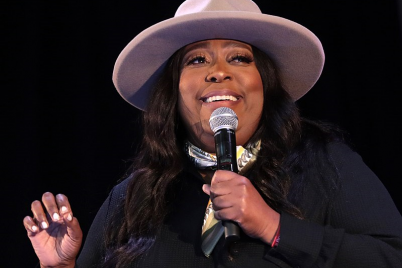C. Bette Wimbish was one of the leading African-American woman activists in Florida, promoting the desegregation of schools and civil equality.
BY KEISHA BELL | Visionary Brief
When fighting a system that opposes your success and the success of those like you, it is unwise to think that you will not be met with disappointments. Like sports strategy, the opposing team will first try to contain your best player(s). If that does not work, the opposing team will attempt to get her out of the game. Do not let disappointments sideline you. We are in this struggle together. Together, we cannot afford your ineligibility.
Meet Carrie Elizabeth Davis Wimbish, aka C. Bette Wimbish.
Initially desiring to become a doctor, the twists and turns of life altered those pursuits, and Wimbish became a political powerhouse. She was a rock-ribbed activist who promoted the desegregation of schools and businesses. Her determination to shatter the systematic discrimination against African Americans left a historical trail that will not be forgotten.
Six years after Brown vs. Board of Education of Topeka, the United States Supreme Court case that held that the segregation of students in public schools violates the Equal Protection Clause of the Fourteenth Amendment because separate facilities are inherently unequal, schools in St. Petersburg were still racially segregated.
Black students were rejected from attending the newly built all-white schools approved by the Pinellas County Board of Public Instruction. This motivated Wimbish’s 1960 decision to campaign to become a school board member. Her decision was monumental because a black candidate never ran for a countywide political office in Pinellas County. Although she lost the election, she won thousands of unexpected hearts. No worries. She was just getting started.
In addition to the problems the city’s black youth faced, Wimbish fought against overcrowded black facilities that examined the lasting impact of city-sanctioned geographic and racial barriers. To find a resolution, Wimbish wanted city leaders to form biracial committees. Encouragement was needed for this to occur, and it came in the form of affecting the county’s bottom line.
Wimbish and her husband persuaded residents to follow their lead and buy from catalogs instead of the city’s segregated stores during the Christmas season of 1960. This movement got the attention of then-Governor LeRoy Collins, who encouraged the establishment of biracial committees.
Wimbish was unsuccessful, yet inspirational, in her attempt to help black sanitation workers fight against unequal pay. However, her effort gave her a platform to run and win her City Council campaign in 1969. Afterward, she served as Vice-Mayor from 1971 until 1973. During this time, she again had success and failure.
Wimbish was able to restore the city’s water system. In addition, she instituted one of the nation’s first mandatory seat belt laws. Wimbish fought unsuccessfully, however, to have black real-estate owners compensated for past discrimination.
In 1975, Wimbish was appointed Assistant Secretary of Commerce by then-Governor Reuben Askew. With that appointment, she was the second-highest-ranking woman in state government. Afterward, she was appointed Deputy Secretary of Commerce.
In 1982, Wimbish was unsuccessful in her campaign for State Senate. She was also unsuccessful in her 1988 congressional campaign against Bill Young. Still, Wimbish accomplished more than many would have ever imagined while maintaining focus on the bigger picture of fighting against racial injustice.

Keisha Bell








